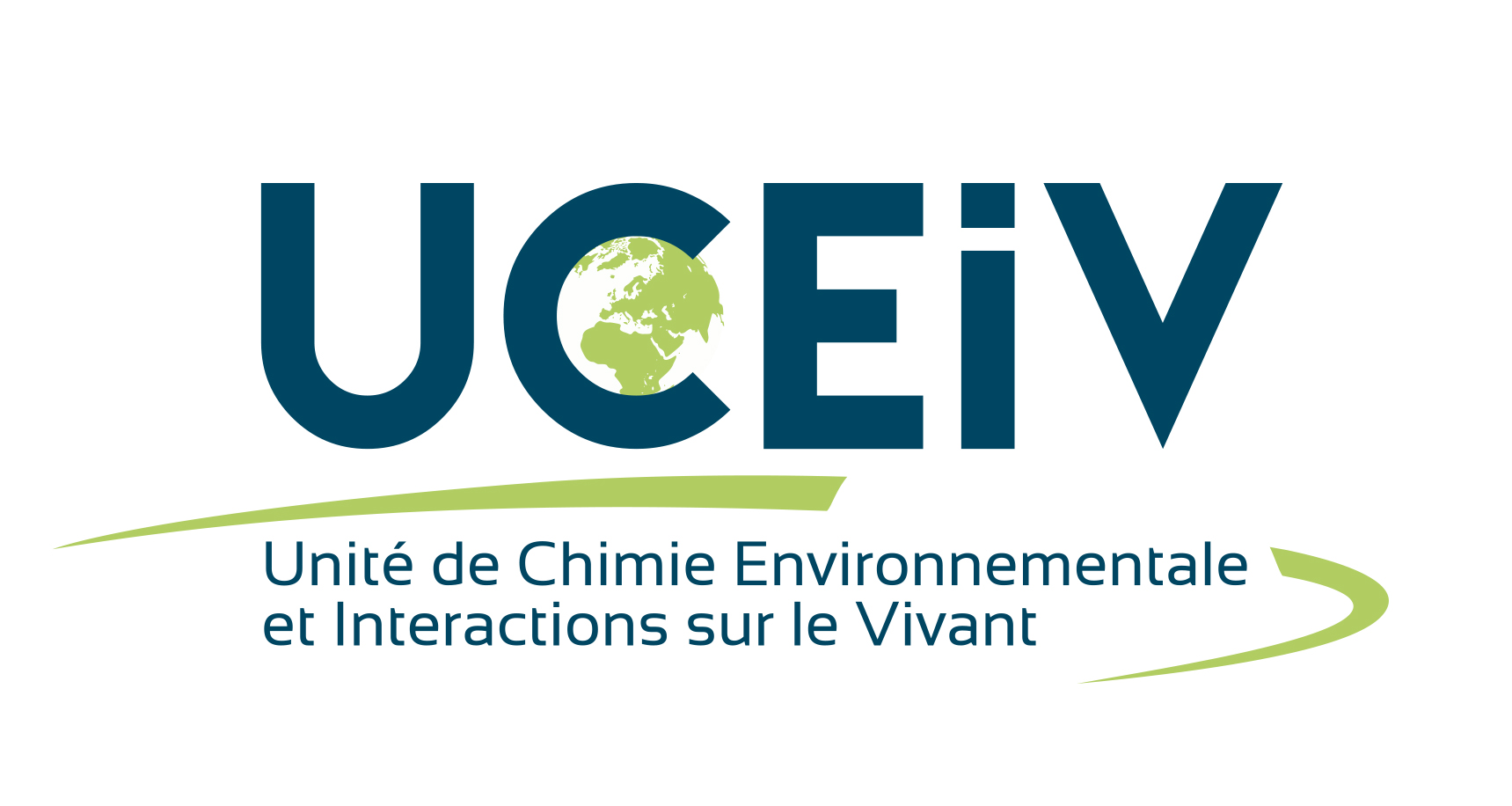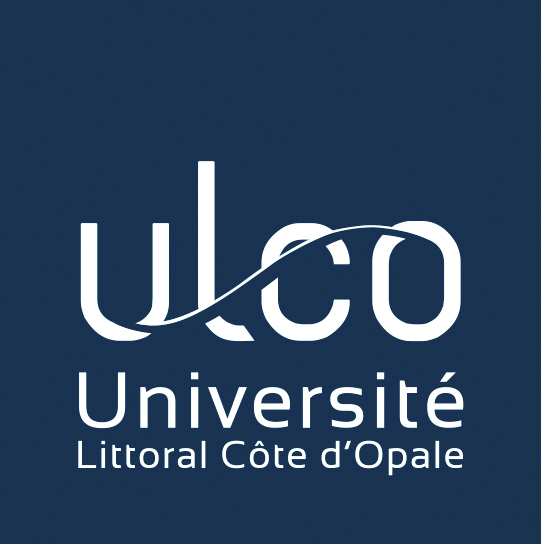Assistant Professor
Béatrice RANDOUX
UCEIV-Calais
Université Littoral Cote d’Opale
50 rue Ferdinand Buisson
62228 Calais
Tel : +33 (0)3 21 46 58 77
Mail : beatrice.randoux@univ-littoral.fr
Béatrice Randoux was born in Boulogne sur Mer in 1971. She obtained her PhD in Life and Health Sciences from the Université des Sciences et Technologies de Lille in 1999. After two years teaching at the Faculté Libre des Sciences de l’Université Catholique de Lille and at the Institut Supérieur d’Agronomie de Lille (ISA), two years as an ATER and a post-doctorate at ULCO’s Laboratoire de Mycologie, Phytopathologie et Environnement (LMPE), she was recruited as a Senior Lecturer at the same laboratory in 2006. She has contributed to the development of molecular biology techniques (RT-PCR, qRT-PCR) within the laboratory, and is particularly involved in the “Phytopathology” theme.
Her research contributes first and foremost to understanding the defense mechanisms that plants trigger when attacked by a fungal pathogen. The experiments are carried out on soft wheat, a widely grown crop in the Hauts de France region. Wheat is regularly attacked by phytopathogenic fungi, responsible for diseases that have a significant impact on yields if fungicide treatments are not applied. Two aerial diseases of wheat are studied: powdery mildew, caused by the biotrophic fungus Blumeria graminis f.sp. tritici, and septoria tritici blotch (STB), caused by the hemibiotrophic fungus Zymoseptoria tritici. The defense pathways involved in basal immunity or PTI (PAMP-Triggered Immunity) in wheat are studied at the molecular (qRT-PCR) and metabolomic levels.
Research for alternatives to the intensive use of fungicides is the second aspect of our work. As part of the Ecophyto II+ national plan aims at reducing by half the use of phytosanitary products by 2025. This requires the development of new pest control strategies to maintain competitive agricultural production, in line with the ever-increasing world population. In agriculture, fungicides account for a large proportion of the plant protection products used, and wheat, because of its cultivated area, is a crop that uses large tonnages of active ingredients. With the development of biocontrol, the induction or reinforcement of wheat’s defenses against fungal pathogens is seen as a possible solution to support farmers in their agroecological transition. The mechanisms associated with the elicitation or priming of wheat defense reactions, following the use of biosourced molecules or beneficial microorganisms such as arbuscular mycorrhizal fungi, are being studied. Analyses range from protection tests to characterization of the mode of action of the compounds or microorganisms used. The Resistance Inducer effect (RI) is assessed at microscopic, molecular, biochemical and metabolomic levels, and the results obtained increase general knowledge of immunity enhancement in plants. The biofungicidal effect of the products is also assessed.
A third area of research has recently been developed. Climate changes are a source of concern for maintaining crop productivity. Flooding, periods of drought and rising temperatures are abiotic stresses for crops, which can affect their yield. The study of the biostimulant effect of compounds or mixtures, enabling plants to withstand environmental stresses, therefore complements its research themes.
Plant health is thus at the heart of the studies she carries out within the UCEIV IPCR team.
recent publications
- Allario T, Fourquez A, Magnin-Robert M, Siah A, Maia-Grondard A, Gaucher M, Brisset MN, Hugueney P, Reignault P, Baltenweck R, Randoux B. Analysis of Defense-Related Gene Expression and Leaf Metabolome in Wheat During the Early Infection Stages of Blumeria graminis f. sp. tritici. Phytopathology. 2023, 113(8), 1537-1547. doi: 10.1094/PHYTO-10-22-0364-R.
- Platel R, Lucau-Danila A, Baltenweck R, Maia-Grondard A, Trapet P, Magnin-Robert M, Randoux B, Duret M, Halama P, Hilbert JL, Coutte F, Jacques P, Hugueney P, Reignault P, Siah A. Deciphering immune responses primed by a bacterial lipopeptide in wheat towards Zymoseptoria tritici. Front Plant Sci. 2023, 13, 1074447. doi: 10.3389/fpls.2022.1074447.
- Platel R, Lucau-Danila A, Baltenweck R, Maia-Grondard A, Chaveriat L, Magnin-Robert M, Randoux B, Trapet P, Halama P, Martin P, Hilbert JL, Höfte M, Hugueney P, Reignault P, Siah A. Bioinspired rhamnolipid protects wheat against Zymoseptoria tritici through mainly direct antifungal activity and without major impact on leaf physiology. Frontiers in Plant Science, 2022, 13, DOI=10.3389/fpls.2022.878272.
- Velho AC, Dall’Asta P, de Borba MC, Magnin-Robert M, Reignault P, Siah A, Stadnik MJ, Randoux B. Defense responses induced by ulvan in wheat against powdery mildew caused by Blumeria graminis f. sp. tritici. Plant Physiol Biochem. 2022 Aug 1;184:14-25. doi: 10.1016/j.plaphy.2022.05.012.
- Platel, R.; Sawicki, M.; Esmaeel, Q.; Randoux, B.; Trapet, P.; El Guilli, M.; Chtaina, N.; Arnauld, S.; Bricout, A.; Rochex, A.; Bourdon, N.; Halama, P.; Jacquard, C.; Barka, E.A.; Reignault, P.; Magnin-Robert, M.; Siah, A. Isolation and identification of lipopeptide-producing bacillus velezensis strains from wheat phyllosphere with antifungal activity against the wheat pathogen Zymoseptoria tritici. Agronomy 2022, 12, 95. https://doi.org/10.3390/agronomy12010095.
- De Borba MC, Velho AC, de Freitas MB, Holvoet M, Maia-Grondard A, Baltenweck R, Magnin-Robert M, Randoux B, Hilbert JL, Reignault P, Hugueney P, Siah A, Stadnik MJ. A laminarin-based formulation protects wheat against Zymoseptoria tritici via direct antifungal activity and elicitation of host defense-related genes. Plant Dis. 2022 May;106(5):1408-1418. doi: 10.1094/PDIS-08-21-1675-RE.

